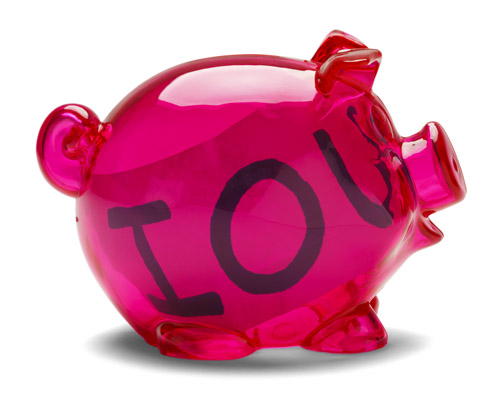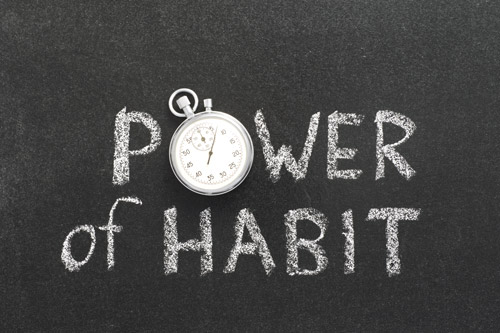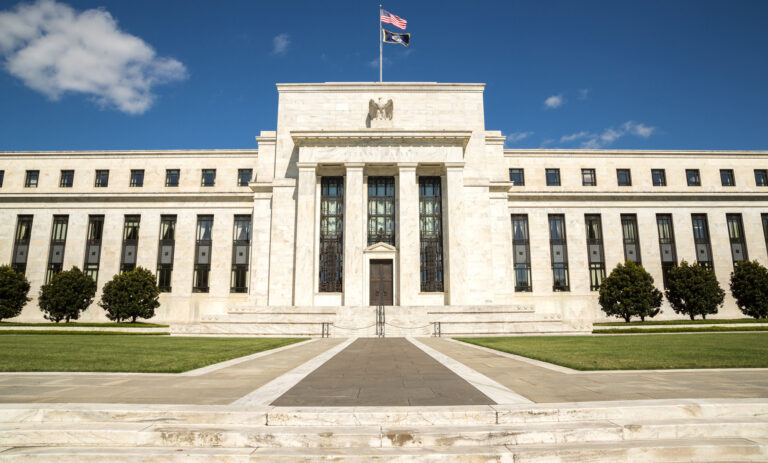Paying off debt may appear to be an endless effort. With so many possible solutions, you may be at a loss for where to begin. Among your options may be to make a withdrawal from your retirement savings. This may prompt you to consider the question, “Should I cash out my 401k to pay off debt?” Early 401k withdrawals can cost you in terms of fines, taxes, and your financial future, so it’s usually prudent to avoid them if possible. When in doubt, consult your financial counselor to ascertain the best course of action for you.
We recommend that you examine the benefits and drawbacks of cashing out your 401k, as well as the financial behaviors you could adopt to decrease debt, before taking the plunge. The prudent course of action may alter your budget to guarantee that each dollar is well spent. Continue reading to learn when and if it makes sense to cash out your 401(k).
How to Decide Whether to Cash in Your Retirement

Cashing out your 401k is a personal decision based on your financial situation. If the debt is a source of everyday worry, you may want to consider more severe debt repayment strategies. An early withdrawal from your 401(k) might cost you thousands of dollars.
Cashing out your 401k is a personal decision based on your financial situation. However, if the debt is a source of everyday worry, you may want to consider more severe debt repayment strategies. In addition, early withdrawals from a 401k may result in additional taxes and fees, as the 401k has not yet been taxed. This means that the entire amount you remove from your 401k will be taxed, so carefully consider your financial condition before withdrawing.
Determine Your Eligibility
Depending on the terms of your 401k, you may be unable to withdraw funds without a reasonable cause. For example, medical bills and unpaid debts are legitimate causes, but embarking on a shopping binge is not. The following are a few considerations for an early withdrawal:
- Financial difficulties might manifest themselves in medical expenses, educational costs, costs incurred to avoid foreclosure or eviction, burial expenses, or house maintenance.
- Your withdrawal is either less than or equal to the amount of financial help that you require.
- To determine your eligibility, consult your 401k documents or speak with a trusted specialist.
Evaluate Your Financial Situation Currently
Create a list of your funds, assets, and debts by sitting down. How much debt do you currently owe? Are you able to assign monies to different debts? If you have $2,500 in credit card debt and a stable source of income, you may be able to eliminate debt by modifying your current spending habits. Cut the cord on your TV, cable, or streaming services, and you may save a lot of money.
However, if you are on the verge of foreclosure or bankruptcy, living within your means may not be sufficient. When it comes to more significant debt repayment, your 401k may be the best option.
Calculate the Perilous State of Your Retirement
Having a 401k is critical for your financial future, and the government makes every effort to reinforce this for your benefit. To incentivize consumers to save, anyone who prematurely withdraws from their 401k is subject to a 10{e1706a52c3b3138427a8e72931d9d59b6d08ac610477d60aad46d317c02b8d31} penalty cost. When, or if, you choose to take your profits prematurely, you may be required to pay taxes on the amount withdrawn. Your tax rates will be determined by the federal income tax and state income tax in the state where you live.
Assume you’re in your early twenties and have 40 years before retirement. You choose to borrow $10,000 to pay off your college loans. Your federal tax rate is 10{e1706a52c3b3138427a8e72931d9d59b6d08ac610477d60aad46d317c02b8d31}, and your state tax rate is 4{e1706a52c3b3138427a8e72931d9d59b6d08ac610477d60aad46d317c02b8d31}. You would receive $7,600 of your $10,000 withdrawal after deducting the 10{e1706a52c3b3138427a8e72931d9d59b6d08ac610477d60aad46d317c02b8d31} penalty fee, federal tax, and state tax. Taxes and penalties would cover the additional $2,400 expense.
The simple line is that regardless of how much money you withdraw from your 401k early, you will incur high costs. Federal taxes, state taxes, and penalty costs are all included in these fees.
What Are the Advantages and Disadvantages?

Before you take an early withdrawal from your 401k, there are a few factors to consider
Advantages: Pay off debt sooner: In some instances, you may be able to pay off debt sooner than anticipated. By allocating your 401k withdrawal to debt, you may be able to pay off your account ultimately. This could result in monthly interest savings. Increase your savings: If you’re able to pay off debt with an early withdrawal, you may be able to increase your savings. If you have additional money each month, you could increase your savings contribution. When placed in a suitable account, adding to your savings may earn you interest. Financial stress is lessened: Debt can generate everyday tension. You may conserve energy by increasing your debt payments through a 401k withdrawal. After you’ve paid off your debt, you may want to consider accumulating an emergency fund. Increased disposable income: If you pay off your debts, you may gain financial freedom. With this flexibility, you can save for a down payment on a house or engage in side hustles.
Negatives: Increased tax burden: You may face a substantial tax bill due to your withdrawal. Your 401k contribution is considered gross income and is taxed when it is distributed. Federal and state taxes are calculated based on your residence and annual income. Pay a penalty fee: To deter people from cashing out their 401ks, a 10{e1706a52c3b3138427a8e72931d9d59b6d08ac610477d60aad46d317c02b8d31} penalty is assessed. You may be assessed the total amount of this penalty. Reduce your investment income: You earn interest on funds held in your 401k. When you make a withdrawal, you may earn less interest. You may be robbing your future self by delaying retirement. With less money in your retirement fund, your retirement income will be reduced. This may cause your targeted retirement date to be pushed back. Six Alternatives to Cashing Out Your 401k to Pay Off Debt

There are a few strategies for achieving debt freedom without jeopardizing your 401k. While paying off debt is not easy, it may benefit your future and your current state of mind. With these six methods, you may work toward financial independence.
1. Bargain with Your Credit Card Issuers on Interest Rates
Contact your credit card company’s customer service department and request a rate reduction on high-interest balances. Consider your current interest rate, your account history, and the rates offered by competitors. Following your study, contact your credit card business to express your customer loyalty. Subsequently, request lower interest rates to compete with their competitors. Earning a lower interest rate may result in a reduction in your interest payments.
2. Put a Temporary Halt on Your Credit Card Spending
Consider limiting your credit card purchases. If credit card debt is the primary source of stress in your life, cut or conceal your cards to prevent buying temptations. Please keep track of your financial objectives by downloading our app for real-time updates. We offer weekly updates to check in on your progress toward your financial goals.
3. Apply Bonuses to Debt
Consider applying any monetary bonus to debts whenever you receive one. This could be a salary increase, annual bonus, tax return, or monetary presents from family and friends. Without this extra money, you may have a predetermined budget, so operate as if you never received it. Without setting aside a budget for the additional income, you may feel less tempted to spend it.
4. Evaluate All Debt-Reduction Options
If you’re in desperate need of cash to pay off debts, consider using other accounts, such as your savings or emergency fund. While saving money might be beneficial in times of need, your financial position may be dire. Borrow from savings accounts to avoid early withdrawal taxes and fees. Avoid completely depleting your savings accounts to meet future emergency bills.
5. Transfer Balances to a Credit Card with a Low-Interest Rate
Transfer high-interest payments to a low-interest account if they are depleting your budget. Contrast your current interest rates on loans with those of your competitors. Examine their fine print for any red flags. Credit card firms may conceal fluctuating interest rates or fees that significantly increase the cost. Locate a transfer card that works for you, apply with the firm, then move your balances across.
6. Consider Borrowing from Your 401k Rather Than Withdrawing
Consider taking out a 401k loan to avoid early withdrawal penalties. A 401k loan is a loan taken from your retirement account. This loan requires interest payments, which are repaid to your future self. While certain interest payments are reinvested in your account, your ability to earn compound interest may be slightly reduced. Compound interest is interest earned on both the principal balance and interest accrued in previous periods. While you will incur some interest charges, this approach may help you avoid the 10{e1706a52c3b3138427a8e72931d9d59b6d08ac610477d60aad46d317c02b8d31} penalty fee.
Interest earned increases in lockstep with the growth of your retirement account – which is why time is so essential. While taking out a 401k loan may be a safer option than receiving a distribution from your 401k, you may miss out on some compounding interest. When, or if, you decide to take out a 401k loan, you may immediately begin paying monthly payments. This permits your payments to accrue interest and work for you sooner than if you took a 401k distribution.
This loan type may vary according to the principal balance, interest rate, term duration, and other terms. Generally, you can borrow up to $50,000, or half of your account amount. Additionally, certain accounts may have a minimum loan balance. This means that you must withdraw a particular amount to qualify. Interest rates on these loans usually are market-rate, similar to those charged by commercial banks.
When debt is hovering over you, withdrawing assets from your retirement account may seem enticing. While withdrawing funds from your 401k to pay off debt may benefit you in the short term, it may cost you in the long run in terms of taxes and fees. Consider the impact of withdrawing your retirement savings on your future budget before proceeding. Determine where you can save money with our software as part of your approach. Still on the fence about whether or not to withdraw funds? Consult your financial counselor to identify the optimal debt repayment strategy for your budgetary objectives.




